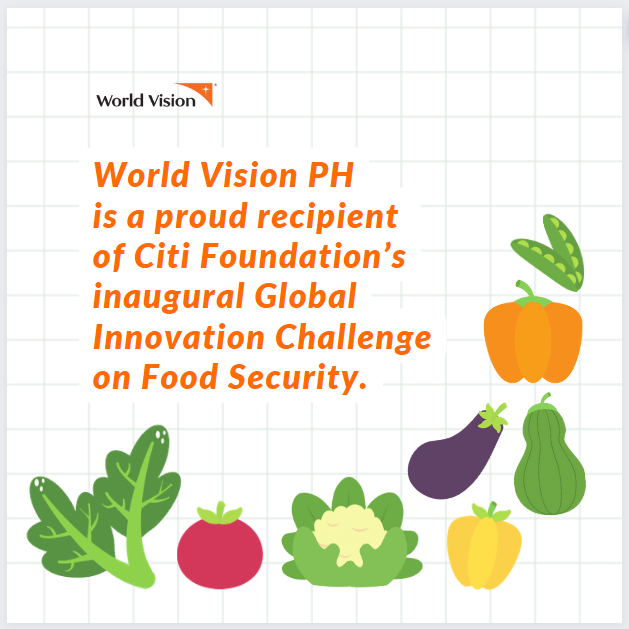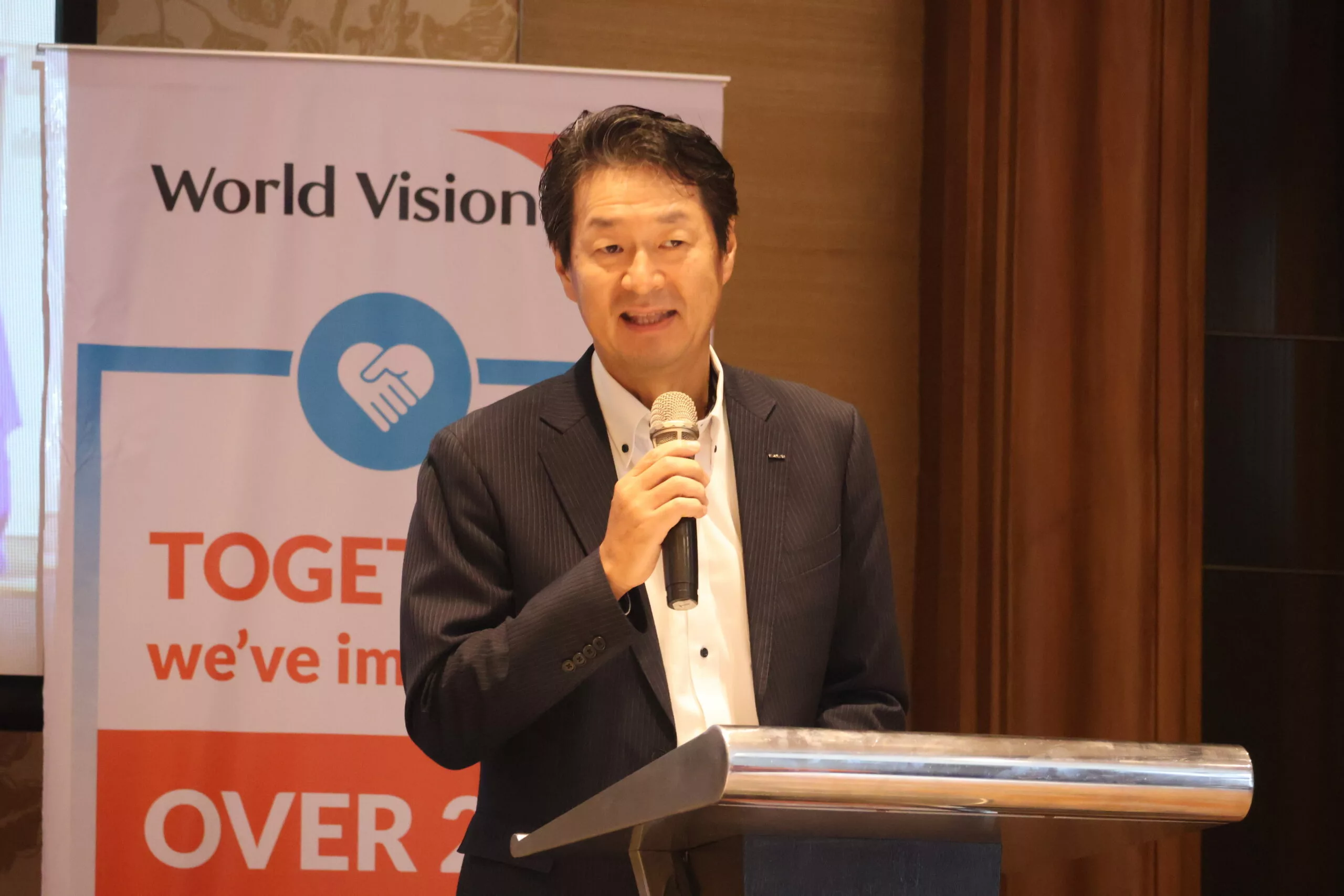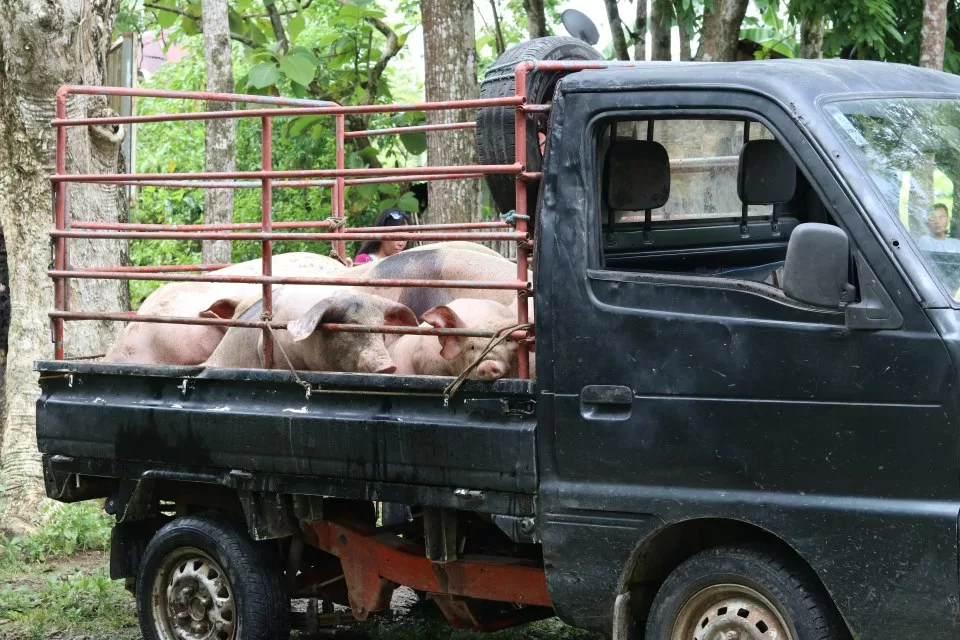Angela proves women in rural areas can learn a man’s job too, and be co-breadwinners
CEBU ― In 2019, the Philippines’ National Economic and Development Authority (NEDA) released a study that showed only 50% of Filipino women are working.
In 2018, the number plummeted to 46%, the lowest in Southeast Asia. There are several reasons why women have a low labor participation rate such as marriage and childbearing, especially between the ages of 25-29; patriarchal family structure; and stereotyped gender roles, to name a few.
In a World Vision community in North Cebu, Angela, 25, a mother of three, used to belong to those stay-at-home women whose main role is childcare and rearing. But now, she is a co-breadwinner, helping her husband provide for the family.

“Prices have gone high and we have growing children,” Angela shares on why she, too, must do something to provide for the family.
She used to rely on her husband’s income as a construction worker, earning a meager Php400 ($7) a day. The amount can barely make both ends meet.
After becoming part of Citi Foundation and World Vision Project H.O.P.E. or Helping OSYs (Out of School Youth) Pave Towards Employment and Engage in Business, Angela realized that she, too, can be a co-breadwinner, learn what most men in her communities do, and still care for her children.

Project HOPE members were provided with livelihood opportunities and necessary training to start a business or get employed.
Angela and her team started a poultry business. Her group received 60 chickens and feeds as their start-up capital. The members, 24 in all, take turns looking after the chicken coop. Her group underwent training and seminars on agribusiness.
“I am thankful for this opportunity. Now I can help my husband,” says Angela, as she prepares the tray of eggs she would be delivering to regular buyers downtown.

Merely two months after they started their poultry business, Angela and her team are earning Php210.00-Php260.00 ($3-$5) every day for selling trays of eggs. “For now, we are saving our income because we plan to buy more chicken in the future,” she says.
Aside from the poultry, Angela also received 10 types of vegetable seeds that she now grows in her backyard. Citi Foundation and World Vision enrolled her and other project members in an agriculture camp where they learned about organic fertilizers and processing of agricultural products.
The vegetable garden is what saves the family from spending too much on buying food at the market. “I am grateful because gardening helps with our budget,” she says.
She continues, “I never thought I’d be able to pull all these off. It feels good to be doing things and feel productive at the end of the day and to have something to look forward to.”









